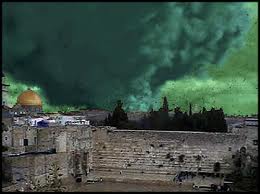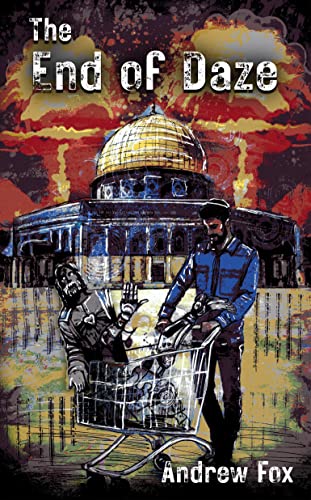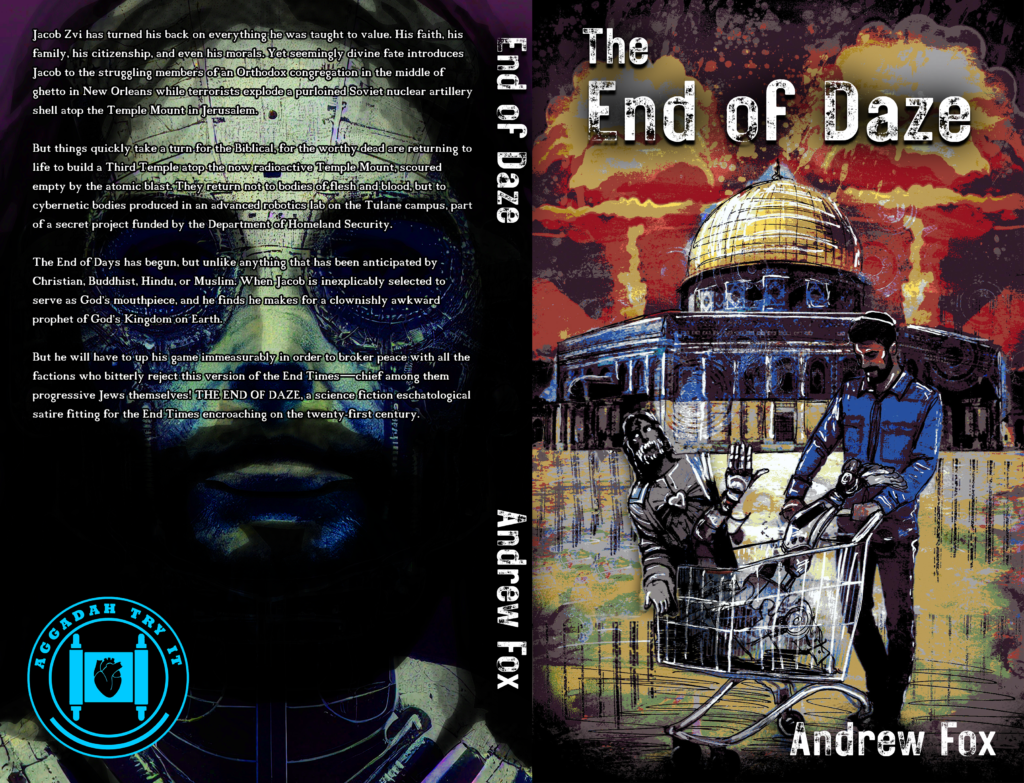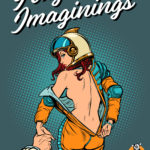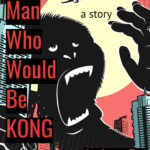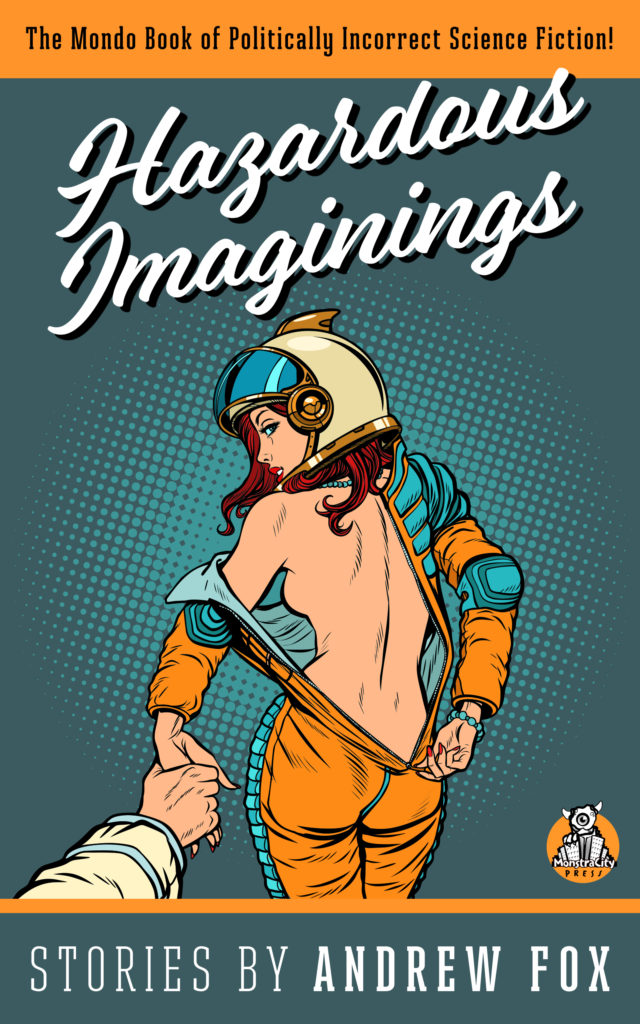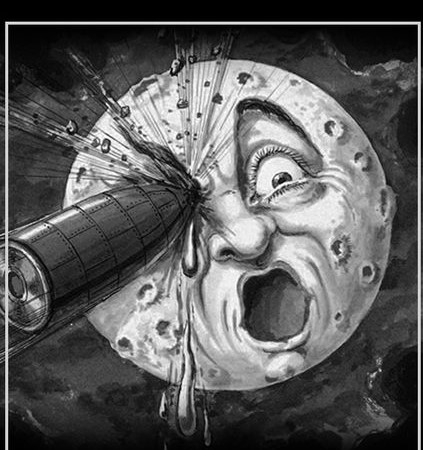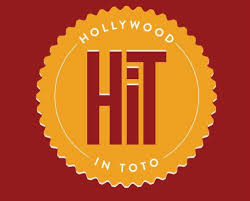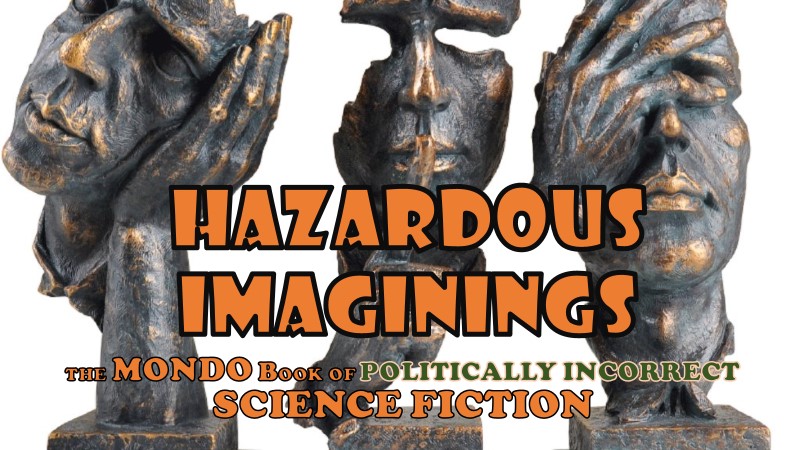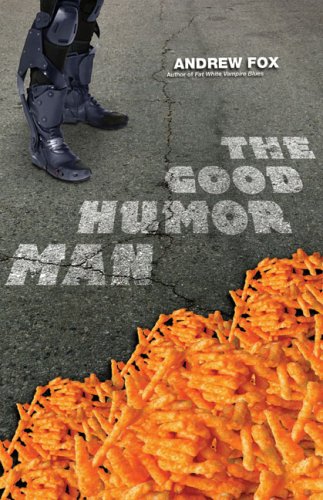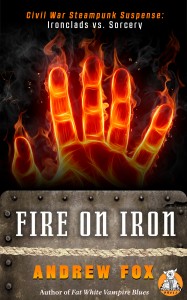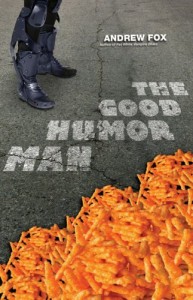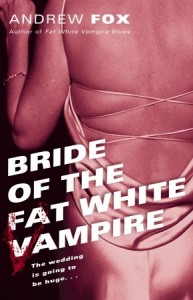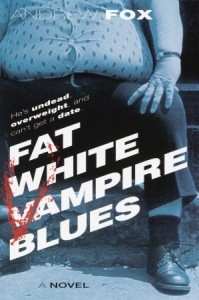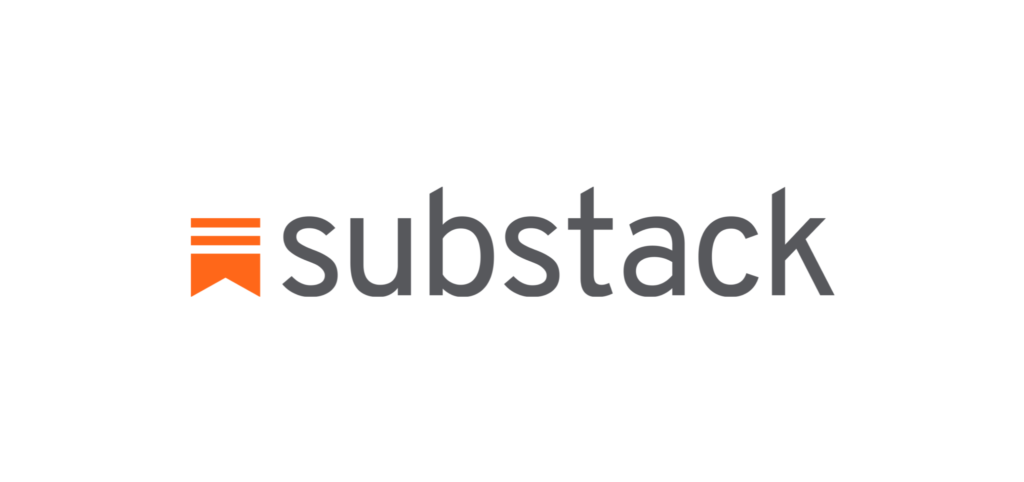
Hello, dear readers and friends. I’d like to ask for some feedback.
I’m strongly considering setting up a Substack subscription newsletter to provide serialized novels. Those of you who are familiar with the history of popular fiction know that back in the nineteenth century, novelists such as Charles Dickens published their works chapter by chapter in newspapers, offering readers a weekly dose of their latest novel. Later, after serialization was done, the work got published as a stand-alone volume. This mode of publication not only made novels accessible and affordable to a far broader audience than would have purchased bound folio copies from bookstores or news merchants, it also added an additional element of anticipation and excitement to the reading experience as readers eagerly awaited the day the next installment would appear. I suppose the closest analogue for modern media consumers is the experience of waiting for the next episode of one’s favorite Netflix or Disney Plus streaming series to drop (i.e.: The Last of Us in my household).
I’ve recently been reminded yet again of the hostility and disdain much of the traditional publishing industry holds for that category of writers who were once referred to as mid-list authors (the great majority of published writers, whose books either just break even or lose money and are subsidized by a tiny population of bestsellers). All of the large publishing houses and most of the smaller ones have made themselves into closed shops — they will not deign to look at queries or submissions from writers who do not retain an agent to act as their go-between. In essence, publishing houses have out-sourced their sludge pile reading function to non-employees; by edict, they have roped in the (for publishing houses) unpaid labor of agents to do the work of first-line refusal/acceptance. New writers who are unable to attract the interest of an agent and veteran writers who have, for whatever reason, been dropped by their agent and are unable to find another are locked out of at least 90% of potential traditional publishing slots. Older, established agents have established client lists that take up their time and attention; most agents who are actively seeking new clients are the inexperienced and young sort, and they are not interested in taking on clients of my type — older, paler, maler, and cis-er.
The last of my novels to be published by even a third-tier conventional publisher came out in 2009. I never stopped writing, though. Since that book appeared, I’ve written 18 more novels and two long novellas. I’ve put out a handful of them through my personal imprint, MonstraCity Press, achieving modest sales at best. I also managed to get one novel published by a micro-press that does not have any distribution advantages over my own little MonstraCity Press, although they did grant me a nice cover and a thorough editing job, benefits not inconsiderable. Throughout most of the time since my first novel, Fat White Vampire Blues, came out from Del Rey Books in 2003, I was client to one agent or another, the last for about ten years. He gave me a mostly decent effort, although he refused to market some of my work, and in the end he was only able to acquire one publishing contract for me, for a non-fiction book from a small university press. Not long after, he dropped me as a client. For the past two plus years, I’ve sought to market my unsold novels myself to smaller publishing firms that are willing to consider unagented manuscripts. A few of these small firms have been very diligent about getting back to me. Some say up front that they will only correspond regarding projects they are interested in. Many don’t say this up front but never respond in any fashion to queries or follow-ups, a sour, frustrating experience.
The obvious response to a situation of this sort would be to pick up my ball and go home. Why bother with all that tsuris? But I am one of those people who is afflicted by a need to write. I cannot imagine going even a month without working on a novel, and I find myself growing notably grouchy if I allow a week to pass without working on something. The psychological, emotional, and physiological benefits I accrue from successful writing sessions where the flow is flowing and I am fully engaged are comparable to the endorphin-releasing outcomes of other people’s meditation or aerobic exercise sessions. But the result is that I end up with between two and three fresh novels each year, and no audience. I am a believer in the notion that writing of any sort, but particularly fiction, requires both a sender and a receiver in order to be complete; the reader completes the work of creation with his or her visualizations and the personal memories and insights she or he brings to the reading experience.
I could put out all of my unpublished work through MonstraCity Press. But I’ve been caught for years in an indecision loop, trying to decide for each individual novel whether I should go for the few dozen to couple of hundred readers the book will accrue through MonstraCity Press publication versus a potentially much larger readership it might attract if I were to succeed in placing it with a conventional publishing house. Just when I think I’m resigned to going with the MonstraCity Press option, a new glimmer of hope for my being traditionally published flares up for a time. Then dies. The repetition of this cycle over nearly fifteen years has become a form of torture.
Thus… the possible option of serial publication of my books through Substack, a new mode of content delivery. But not one appropriate for many writers of long-form fiction, due to the medium’s de facto requirement for a minimum of weekly installments from its writers.
I recently took a business school class that focused on the concept of comparative advantage. Lesson: don’t get involved in a business venture unless you bring some unique or rare advantage to the table that can’t easily be replicated by your competitors.
Weeelllll, it just so happens that when it comes to weekly or twice-weekly provision of chapters of a novel, I happen to possess two big competitive advantages. A) I have 13 unpublished, unread-by-anyone-but- my-wife novels sitting on my laptop’s hard drive, all set to go, many of them first books in planned series. B) I set myself a target of a thousand words a day, five days a week, and I generally exceed it, so even when I’d eventually run low of older material to serialize, I could probably keep up a serialized publication pace of a couple of chapters each week.
And serialized publication through Substack won’t hinder later publication of my books, likely revised, as paperbacks and ebooks through MonstraCity Press. Substack will simply make available to readers an earlier and alternative format of my novels, with extra anticipation and more chances to engage with the author added for those who subscribe.
Should I decide to take the plunge, I figure I would begin with free serialized publication of a novel that came out from MonstraCity Press a decade ago, Fire on Iron, my Civil War-set dark fantasy adventure novel about ironclad gunboats on the Yazoo River in Mississippi and how both Union and Confederate sailors get embroiled in the plot of a slave who was a village hogun in Africa to conjure a race of African fire demons to lay the whup-ass on all his tormentors. I’d start with this one because I have two more novels in the series written that I never got around to putting out through MonstraCity Press; those novels I would serialize behind a paywall for paid subscribers. I anticipate I’d charge $4 per month subscription for two chapters each week, probably dropping Mondays and Thursdays. When I would finish one novel, I’d roll into another, probably with some free stories or free sample chapters in between. The novels subscribers would be offered would include offbeat science fiction, fantasy, horror, mystery-suspense, near-future road noir (my own little invented subgenre), and some cross-genre projects. Readers would see more Fat White Vampire novels, the continuation of the August Micholson Chronicles begun with Fire on Iron, my Island Risen epic fantasy trilogy, a road noir series beginning with Retaliation Road, espionage-suspense novels featuring science fiction writers as protagonists (first book titled Red TAROT 7), and a series that is turning out to be loads of fun — just now completing the first one — starring King Ahab, Bad Boy of the Bible, bouncing from time period to time period, forced to oppose, as penance for his many sins, a multitude of anti-Semitic plots conjured up by the ghosts of ancient giants, the Nephilim, wicked offspring of rebellious angels and lusty human women, all drowned in Noah’s flood and craving vengeance ever since. Oh, and I’ve got a trilogy of middle-grade horror-adventure books, too.
So, my dear friends and readers, my question to you (finally getting ’round to it here) is: do you have any interest at all in reading serialized novels of the sort I write? Would you find it fun and exciting to have a new chapter of a novel to look forward to every Monday and Thursday?
Don’t worry, I’m not asking for a commitment here. All I want is feedback in the form of a brief comment. That’s not to say that if you post “Goody! Goody! Can’t wait!” in the comments, I won’t shoot you an email at some point asking you to subscribe (I mean, come on, you’d expect me to, wouldn’t you?). But right now I’d really just appreciate some sense of whether a market for serialized novels of my sort exists. Doesn’t have to be a big one… I’m already acclimated to a small audience, and monthly pizza money is still money. I just want to get a sense that I won’t be publishing to a yawning void before diving into the Substack lagoon.

